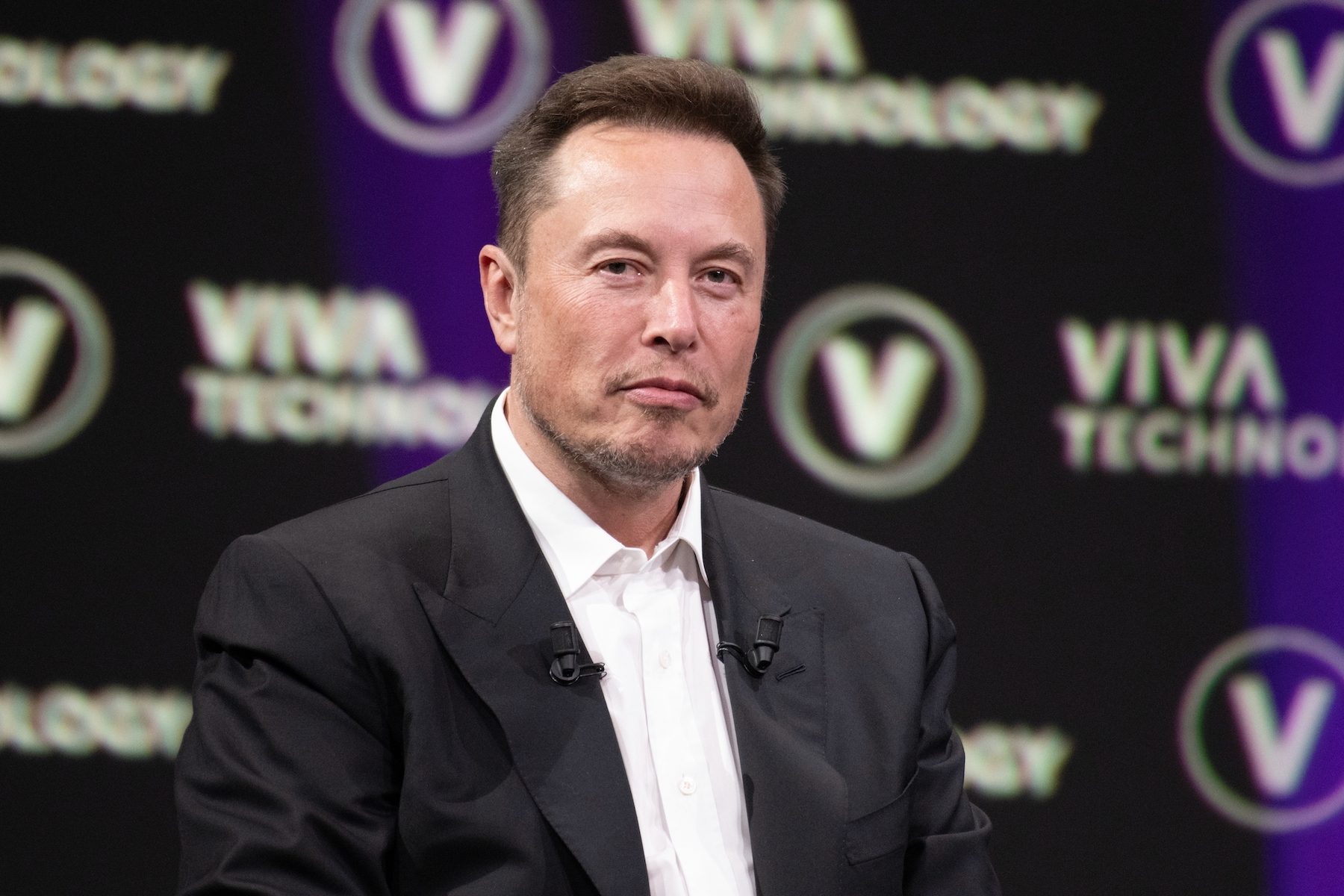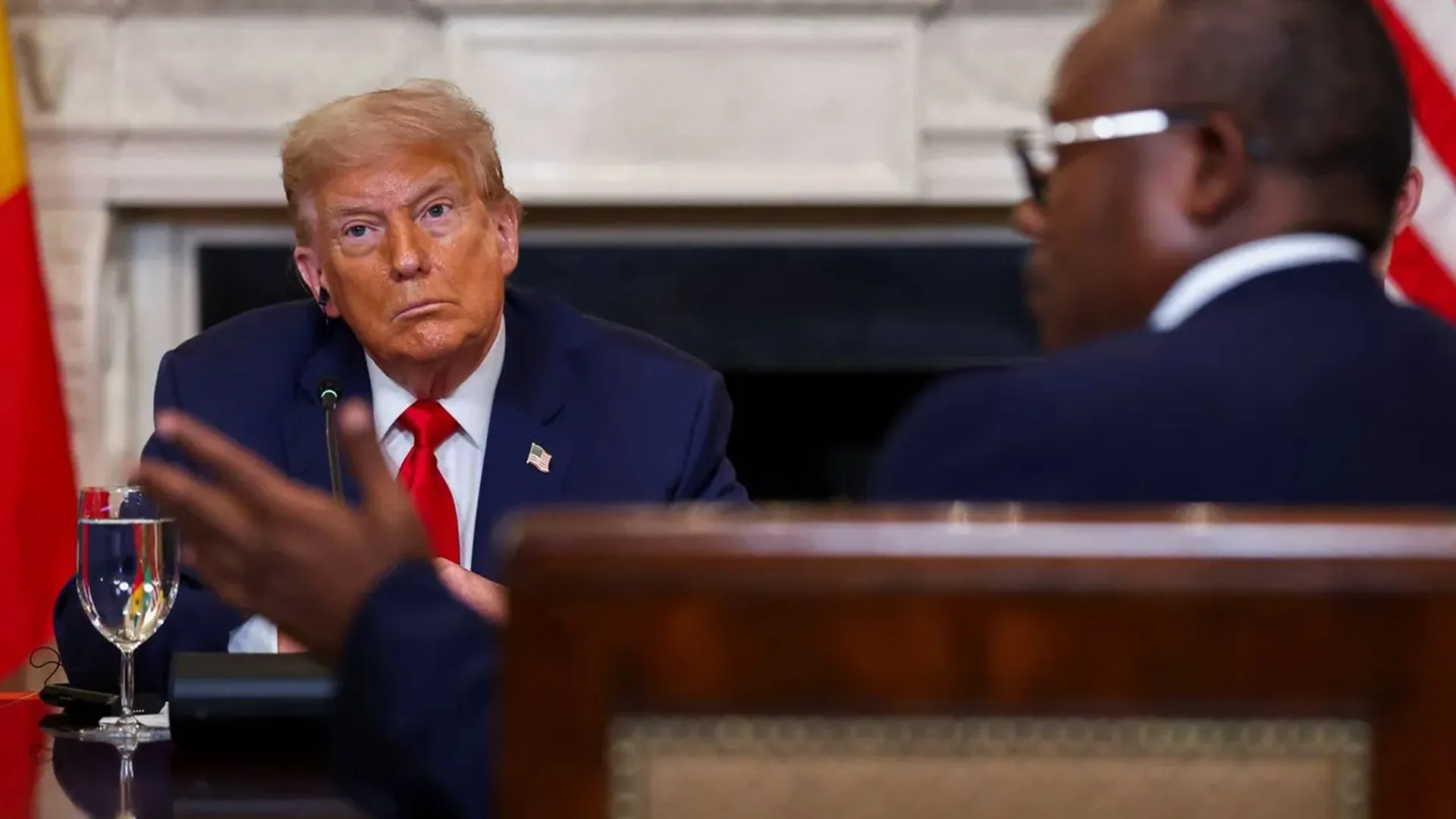A federal judge denied a request to stop Elon Musk and the Department of Government Efficiency (Doge) from accessing government data or carrying out layoffs. The decision came after 14 Democratic-led states filed a lawsuit challenging Musk’s authority.
Judge Sees No Immediate Legal Harm
U.S. District Judge Tanya Chutkan acknowledged concerns about Musk’s influence. However, she ruled that there was no clear legal harm to justify a temporary restraining order. Moreover, she noted that the lawsuit lacked evidence of immediate damage.
The states argued that Musk exercised power that only elected or Senate-confirmed officials should hold. Furthermore, they questioned why Doge had access to sensitive government data without congressional oversight.
Trump Administration Defends Doge
Meanwhile, the Trump administration defended Doge’s actions. Officials insisted that agency heads, not Elon Musk, were managing layoffs. Additionally, they emphasized that Musk was not directly overseeing Doge’s daily operations.
With Trump’s approval, Doge accessed government computer systems across multiple agencies. Musk reviewed budgets and investigated what he called “waste, fraud, and abuse.” However, lawsuits continued to accuse Doge of violating the law.
Judge Acknowledges Concerns But Finds No Urgent Threat
Chutkan recognized the concerns of states like New Mexico and Arizona.
“Doge’s unpredictable actions have resulted in considerable uncertainty and confusion,” she wrote. She agreed that Musk’s unchecked power and Doge’s lack of oversight raised valid legal questions. Nevertheless, she ruled that these concerns could be addressed later in court.
At this point, she explained, there was no urgent harm that required blocking Doge’s operations. Judges can only intervene when there is a direct and immediate threat.
Chutkan’s Legal Background
Chutkan, who was appointed by former President Barack Obama, previously handled the now-dismissed criminal election interference case against Trump in Washington, D.C.






















